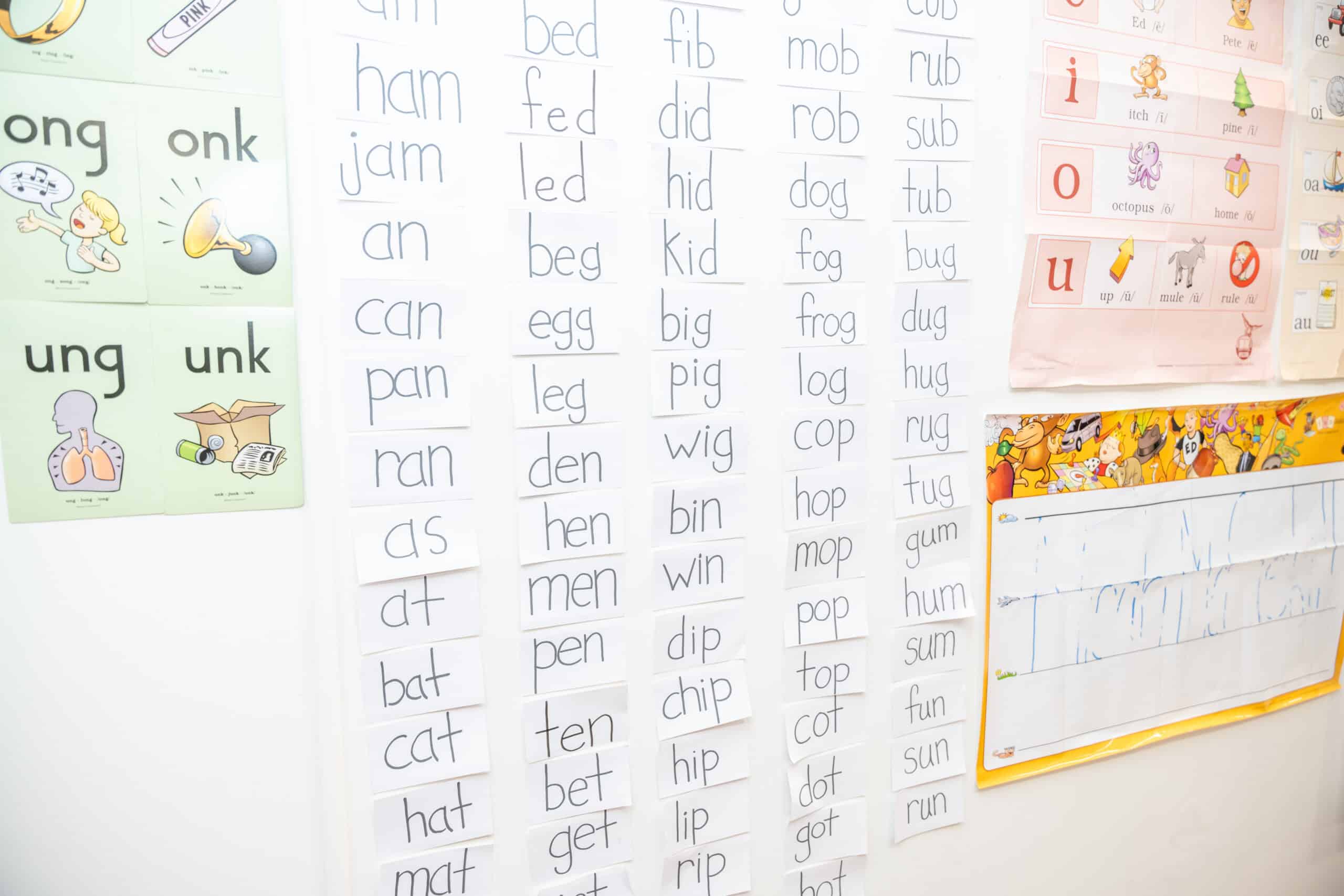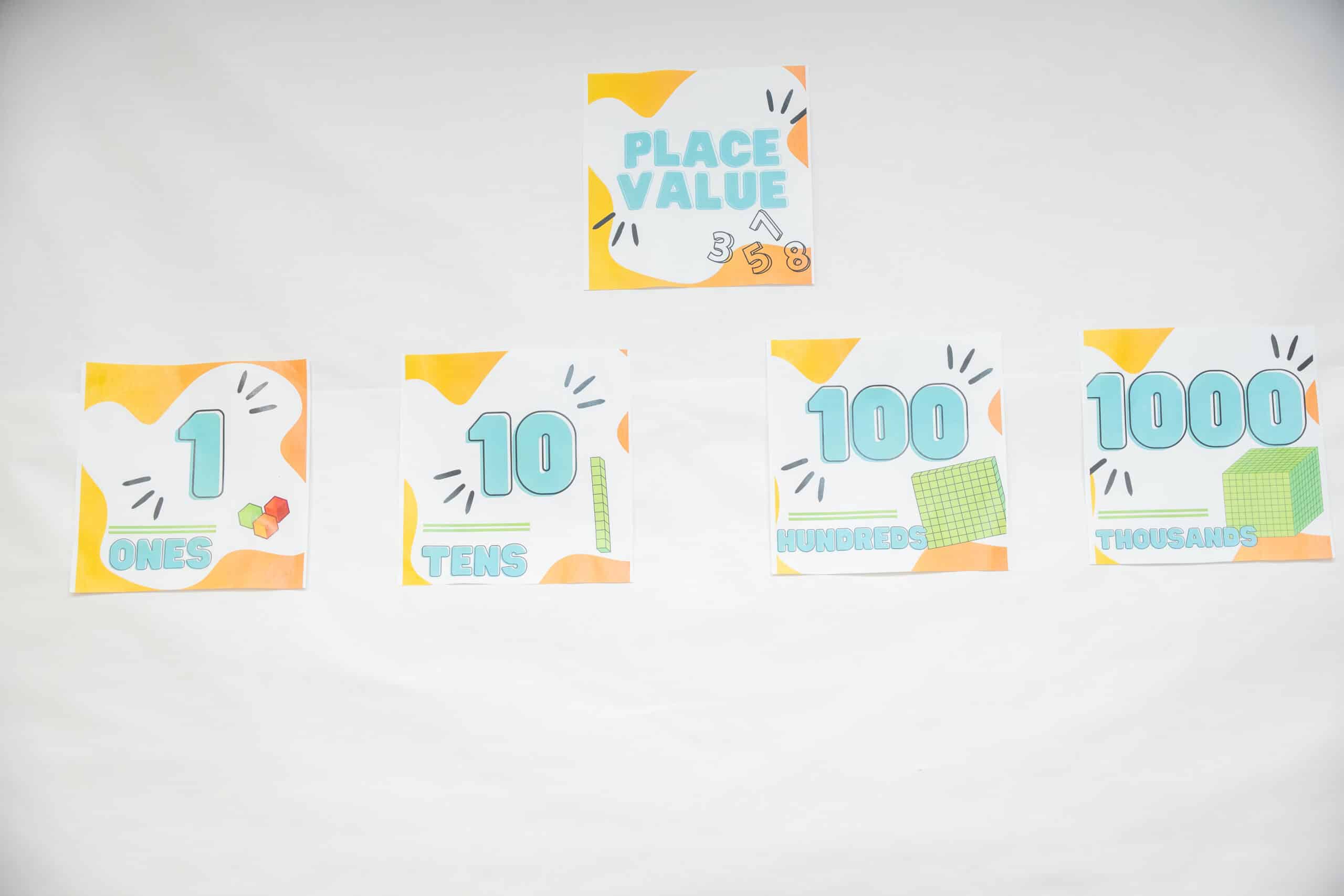Early Childhood
International Early Years Curriculum (IEYC)
Creative Minds uses The International Early Years Curriculum, an innovative, research-based curriculum that integrates play-based learning with thematic learning.
The program is based upon the philosophy that helping young children learn—academically, socially, emotionally, and physically—is the real purpose of schools. Interactive, hands-on projects spark curiosity, engage students, encourage teamwork, and help children make connections between areas of study and their own lives. Curricular units focus on developing the following skills:
- Independence and interdependence nurture each child’s personal goals and his or her relationships with other children;
- Communicating develops skills including speaking and listening, reading and writing, early numeracy work, and the expressive arts;
- Exploring develops skills in inquiry;
- Healthy living encourages children to understand how to look after themselves and each other.
Inside the Classroom
Early childhood (preschool through prekindergarten) classrooms at Creative Minds are characterized by:
- Learning: Learning is rooted in the IEYC Themes, Learning Strands, and Learning Goals. Our teachers put research and understanding of best practices of play in early childhood to work. Following the student’s lead, teachers engage with students around the themes they are exploring to strengthen their social-emotional regulation and deepen their content knowledge. In play, students practice their learning and personal goals, focusing on adaptability, communication, and cooperation.
- Small-group instruction: Small-group instruction provides differentiated learning opportunities and supports students in practicing respect, communication, and cooperation.
- Arts integration: Arts integration provides both motivational and cognitive benefits for student learning. The thematic units of the IEYC provide extensive opportunities for students to deepen their understanding and express their learning through multiple art forms. In addition to arts integration with academic subjects, students receive a well-rounded curriculum of standalone arts classes through our Enlightenment subjects (Physical Education, Global Languages, Music, and Visual Arts).For more information about the learning methodology and goals of the IEYC, please review Fieldwork Education’s presentation for families here.

English Language Arts
In our Early Childhood Program, Creative Minds uses a whole language approach to English Language Arts, focusing on play-based and small group work in literacy and language. Teachers guide children to develop phonemic awareness, basic letter skills, decoding, reading fluency, and comprehension through play, rhyming, songs, read-alouds, games, and guided reading instruction.

Math
Our Early Childhood Math Program lays the critical foundations for later mathematical thinking by enhancing a child’s positive emotional attitude to math and building strong number sense. Teachers guide students through a concrete-representational-abstract.
Want to Learn More?
For more information about the learning methodology and goals of the IEYC, please review Fieldwork Education’s presentation for families.